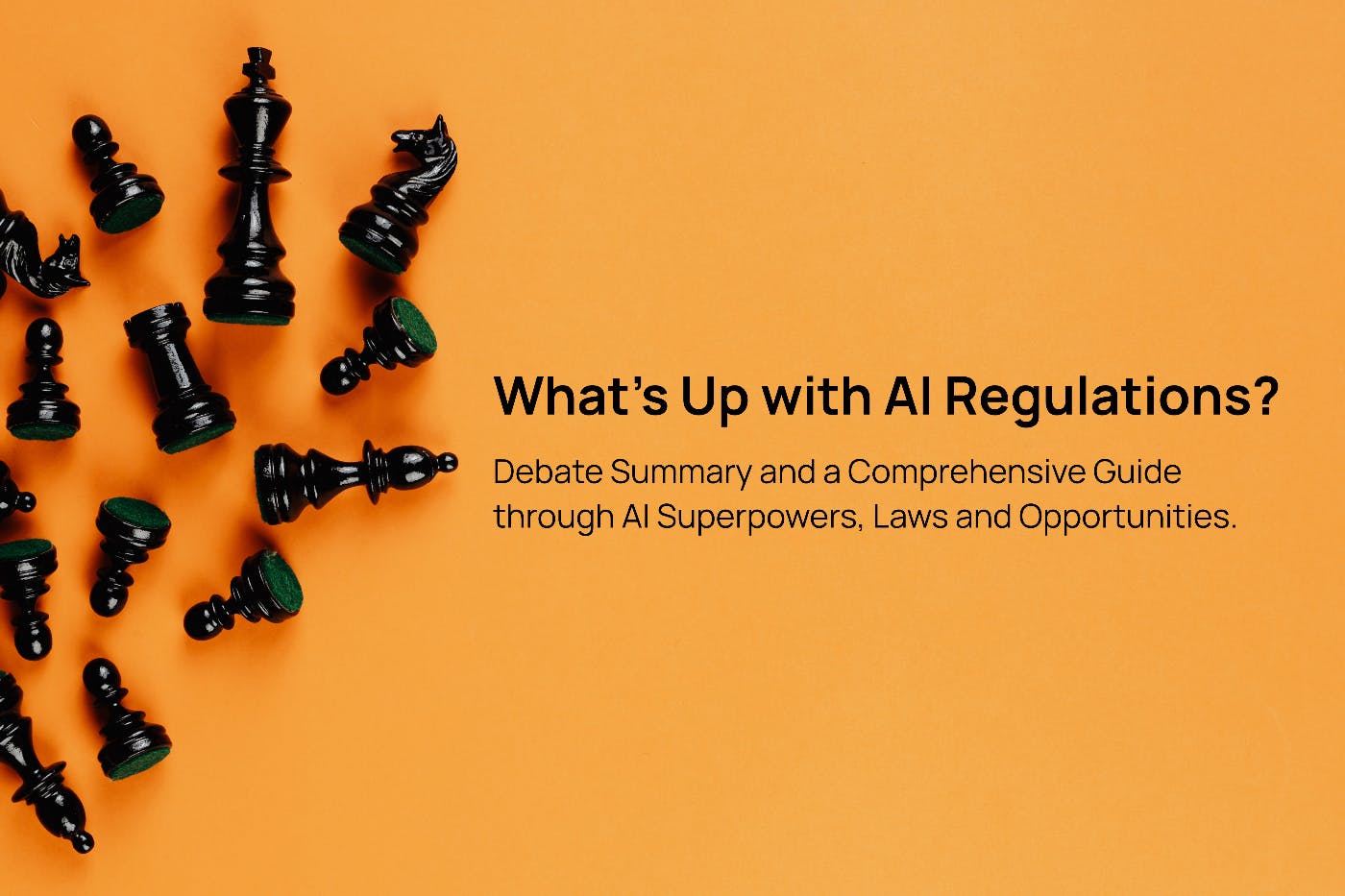Audio Presented by

Full stack engineer and manager. I write about startups, dev and cloud. Join free newsletter: horosin.com/newsletter
Story's Credibility

About Author
Full stack engineer and manager. I write about startups, dev and cloud. Join free newsletter: horosin.com/newsletter
